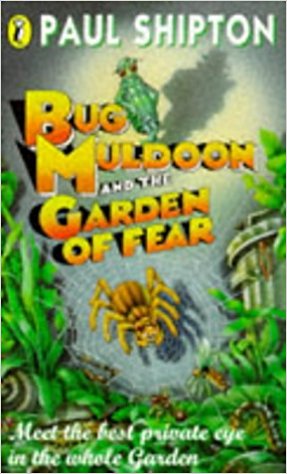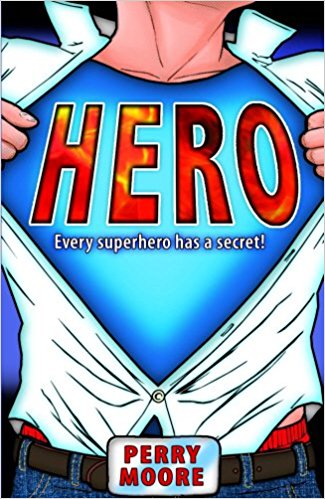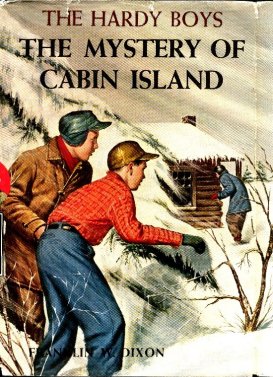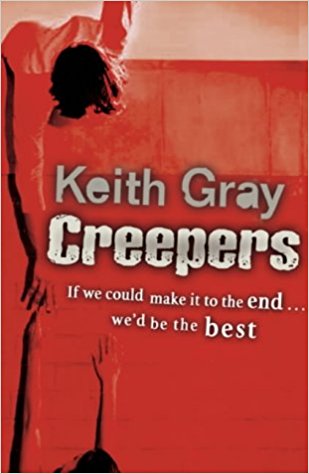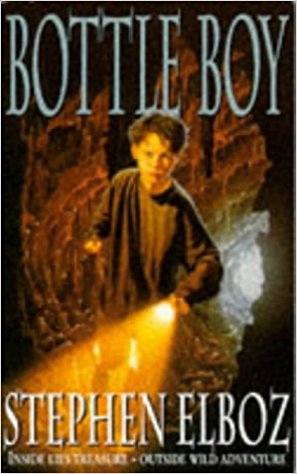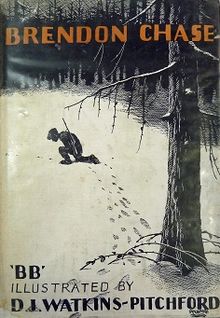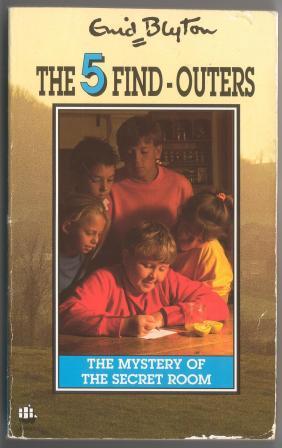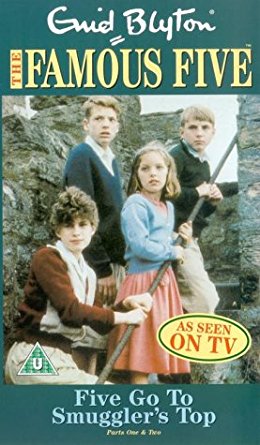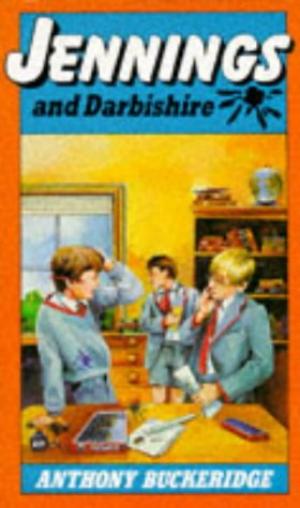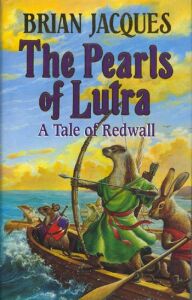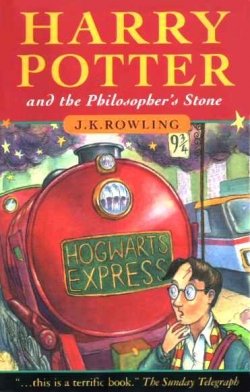|
In this year's advent calendar I go back to reading twenty four books from throughout my life. They're all books I remember loving, or are a formative part of my reading life, and I return (somewhat tentatively) to see if they've stood the test of time...
0 Comments
In this year's advent calendar I go back to reading twenty four books from throughout my life. They're all books I remember loving, or are a formative part of my reading life, and I return (somewhat tentatively) to see if they've stood the test of time...
In this year's advent calendar I go back to reading twenty four books from throughout my life. They're all books I remember loving, or are a formative part of my reading life, and I return (somewhat tentatively) to see if they've stood the test of time...
In this year's advent calendar I go back to reading twenty four books from throughout my life. They're all books I remember loving, or are a formative part of my reading life, and I return (somewhat tentatively) to see if they've stood the test of time...
In this year's advent calendar I go back to reading twenty four books from throughout my life. They're all books I remember loving, or are a formative part of my reading life, and I return (somewhat tentatively) to see if they've stood the test of time...
In this year's advent calendar I go back to reading twenty four books from throughout my life. They're all books I remember loving, or are a formative part of my reading life, and I return (somewhat tentatively) to see if they've stood the test of time...
In this year's advent calendar I go back to reading twenty four books from throughout my life. They're all books I remember loving, or are a formative part of my reading life, and I return (somewhat tentatively) to see if they've stood the test of time...
In this year's advent calendar I go back to reading twenty four books from throughout my life. They're all books I remember loving, or are a formative part of my reading life, and I return (somewhat tentatively) to see if they've stood the test of time...
In this year's advent calendar I go back to reading twenty four books from throughout my life. They're all books I remember loving, or are a formative part of my reading life, and I return (somewhat tentatively) to see if they've stood the test of time...
In this year's advent calendar I go back to reading twenty four books from throughout my life. They're all books I remember loving, or are a formative part of my reading life, and I return (somewhat tentatively) to see if they've stood the test of time...
|
|

